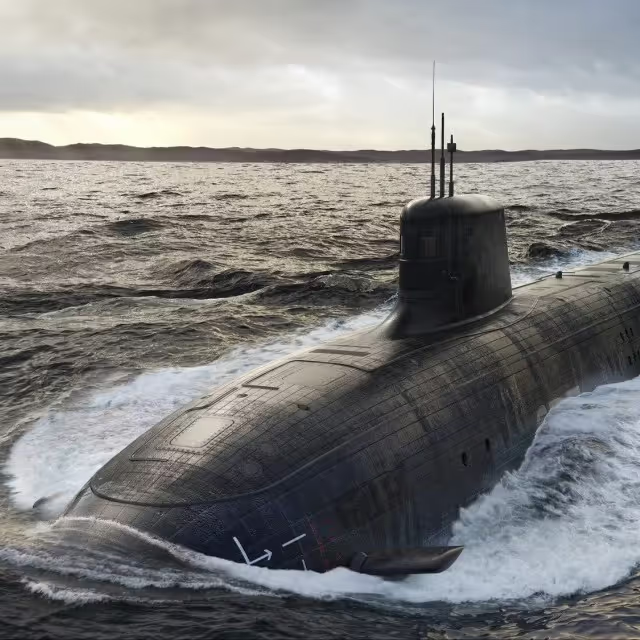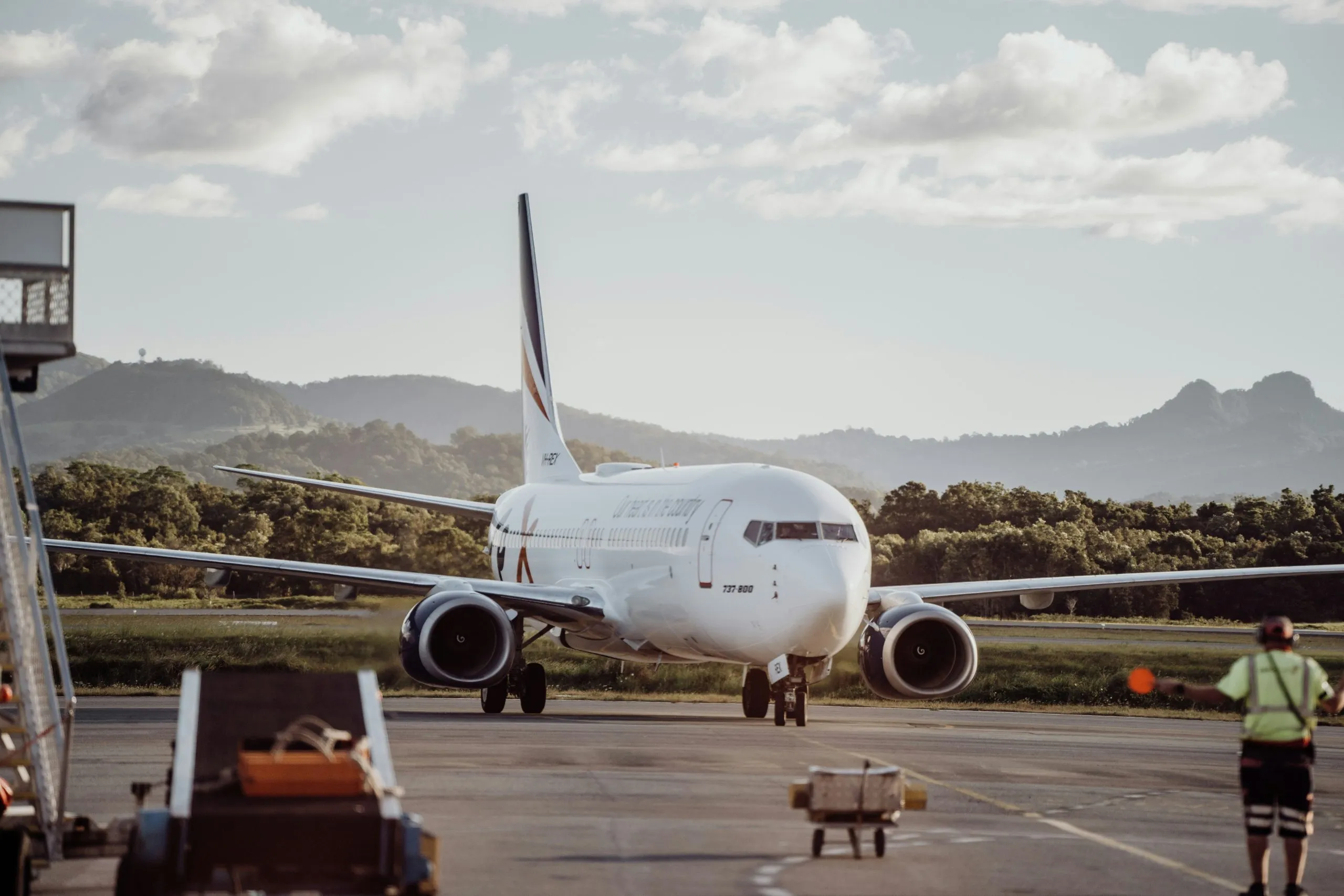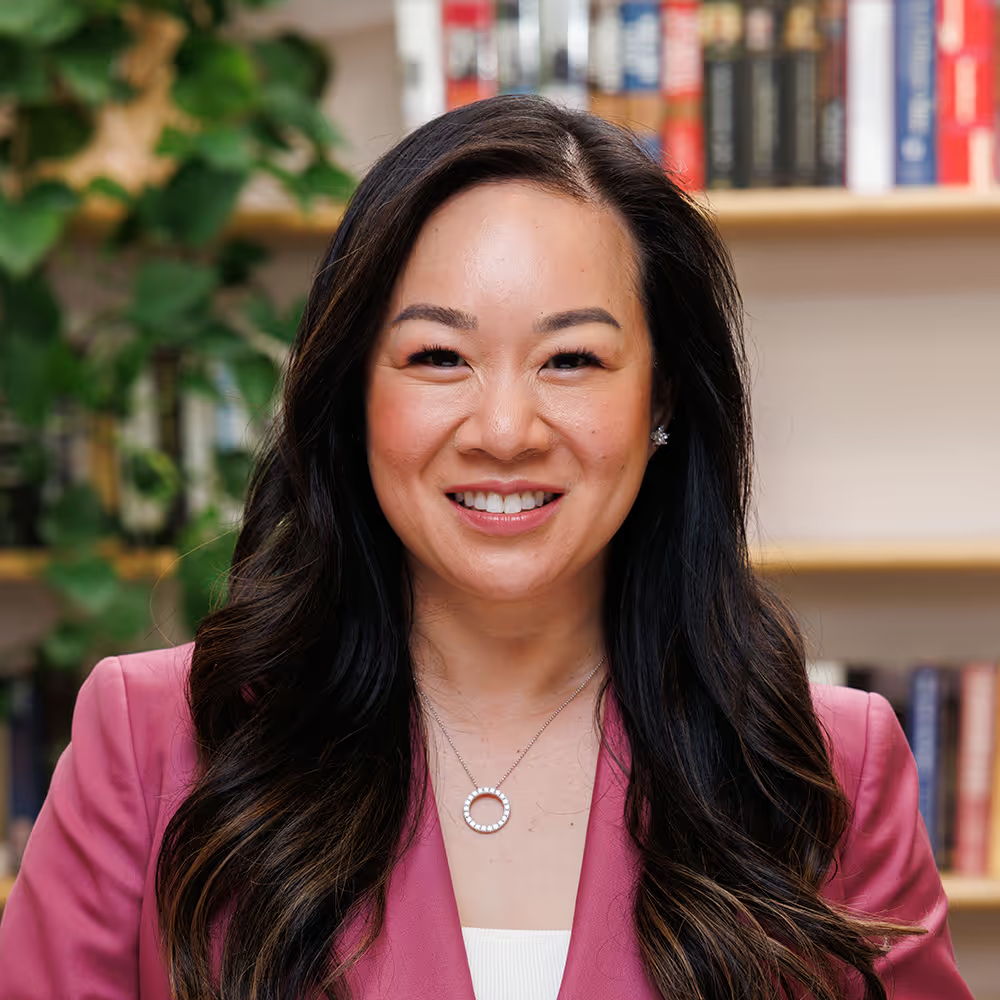Defence sector insight
19
May
2025
1
min read

Australia’s defence sector is dominated by AUKUS. We take a look at who the key Ministers are and what their focus will be in the 48th Parliament.
York Park Group's Thoughts
Defence spending is on the rise globally and in Australia. AUKUS drives this, with the National Defence Strategy re-prioritising funds to enhance long-range strike capabilities and strengthen northern bases.
The major challenge for defence spending in Australia is one of perception - 44 per cent of Australians think AUKUS won’t affect Australia’s national security, and only 37 per cent believe it will make Australia more secure, while 19 per cent think it will make Australia less secure.
This sentiment may also be reflected within the Federal ALP caucus. Traditionally, members of the ALP Left have had a more conservative approach to defence spending, which may result in some internal challenges.
The external and internal challenges, combined with recruitment struggles for the industry, mean the Government and the Department of Defence will need to look at new and creative ways to engage a new generation in defence.
Ministers
Richard Marles continues as Defence Minister and Deputy Prime Minister, roles held since 2022. There were reports last year of tension between him and the Department after he criticised the “issues of culture”.
Pat Conroy will continue as the Minister for Defence Industry. He is close with Prime Minister Albanese, having worked as an Electorate Officer for him in 2000.
Matt Keogh has been Minister for Veterans Affairs and Minister for Defence Personnel since 2022. He was respected in the last Parliament after clearing the veterans claims backlog.
Peter Khalil has been appointed Assistant Minister for Defence and is an experienced diplomat. He was a Policy Analyst at the Department of Defence and was Director of National Security Policy for the Coalition Provisional Authority (the interim government of Iraq following the US invasion). He was then Assistant Director of the Iraq Task Force in DFAT and subsequently National Security Advisor to Prime Minister Kevin Rudd.
Election Review
Despite a Chinese flotilla making a slow pass around Australia during the first week of the election campaign and rumours of a Russian air base in Indonesia, defence was not a major feature of the Federal Election.
Labor did not make any major defence pledges during the campaign. The only notable policy was announced in the 2025-26 Federal Budget, days before the election was called, which included:
- A $1.79 billion of defence spending being brought forward into FY2026.
- Confirmation of the previously announced $50.3 billion of increased funding to the Defence Department over the next decade, with funding forecast to reach 2.3 per cent of GDP by the early 2030s.
Policy Continuation
Key issues for the sector are increased investment, AUKUS, recruitment and geopolitical uncertainty.
Positively, the industry is growing. In 2023-24, the Australian defence industry contributed $11.9 billion (0.47%) to Australia’s gross value, an increase of 12.4 per cent from the previous year. The sector is expected to continue growing as AUKUS brings increased collaboration with and investment from both the US and UK.
The major policy focus for the Department is enacting the inaugural National Defence Strategy released in 2024. This describes a ‘strategy of denial’ being the cornerstone of defence planning, aiming to deter any conflict before it begins.
It made major funding reallocations, shifting $1.4 billion from Canberra's defence infrastructure to bases in Darwin, Townsville and Pyrmont. Another $4.1 billion was saved by no longer acquiring navy refuelling support vessels and the cancellation of a fourth squadron of F-35 JSF combat aircraft.
Much of these savings go into the AUKUS program, however there is $1 billion over the next four years for long-range strike, targeting and autonomous systems among other investments. There will also be a focus on manufacturing missiles in Australia.
The Ministers and Assistant Ministers will focus on progressing the National Defence Strategy whilst seeking to maintain the support of the US for AUKUS. Indonesia’s President, a former soldier and Defence Minister, will also be a focus, following the country’s reported alignment with Russia recently.
The Defence Department continues to struggle with recruitment. The National Defence Strategy described a shortfall of 4,400 (10 per cent of the workforce) and pledged to develop a comprehensive workforce plan. What shape this takes and the policies to boost recruitment will be key - we already know recruitment processes will be streamlined and recruiting non-citizens is being explored.
10
February
2026

Regional aviation in Australia: The key drivers behind current government reviews
Read news article
10
February
2026

Regional aviation in Australia: The key drivers behind current government reviews
Download White Paper
4
February
2026
.webp)
York Park Group launches transaction communications service
Read news article
4
February
2026
.webp)
York Park Group launches transaction communications service
Download White Paper






